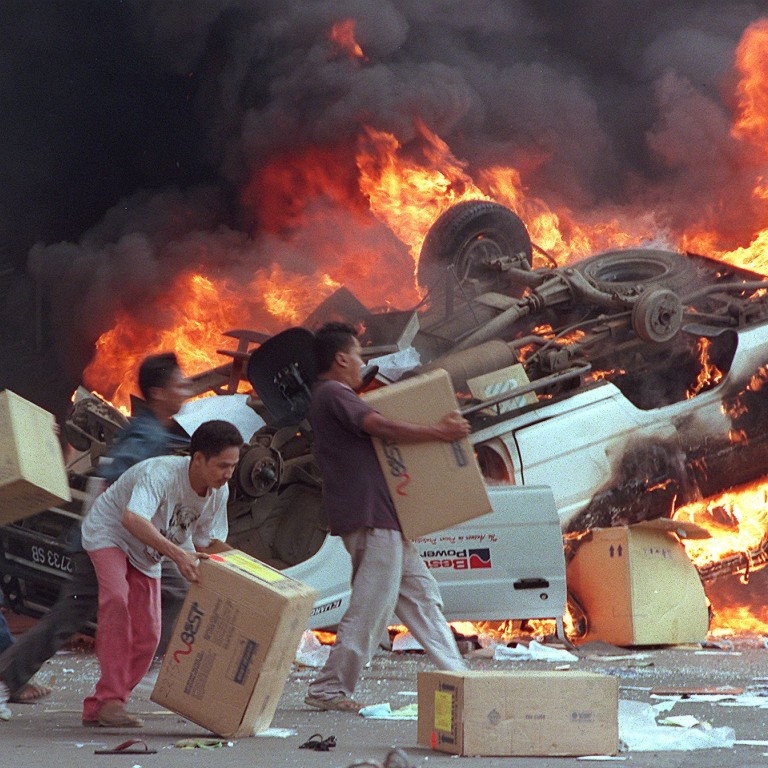
Video | Chinese demand apology as Indonesian communist-purge film gets Oscar nod
An Indonesian movie's Oscar nomination has triggered heated discussions on Chinese social media this week, with the film's central theme -- a re-enactment of Indonesia's 1965-1966 anti-communist purge -- touching a sore point as this historical event has not been widely known to the mainland public.
Anger and nationalistic sentiment were building on Tuesday as bloggers compared the Indonesian purge against suspected communists, many of whom were ethnic Chinese, to the 1937 Nanking Massacre where Japanese troops killed an estimated 300,000 Chinese.
Startled by the atrocities the film revealed, bloggers demanded that the Chinese government take a tougher stance against Indonesia and write the little-publicised killing into Chinese history books.
Others called for a tourism boycott against Bali, a now popular destination for Chinese tourists but which was the site of some of the worst killings in 1965.
On Sinaw Weibo, discussions of the 1965 killing also led to talks of Indonesia's 1998 anti-Chinese riots, during which thousands of ethnic Chinese were killed and hundreds of women were gang-raped, according to historical accounts. Gruesome pictures of their executions were posted, drawing anger and condemnation.
"China should stop sending any foreign aid to this barbarian country," wrote a microblogger.
"How brutal are you, Indonesia?" read other Weibo posts.
At one point, criticism was directed at the Chinese government for failing to rescue Chinese citizens during the 1998 riots. Yet other bloggers soon dismissed the accusation and argued that officials at the Chinese consulate at that time risked own lives to help Chinese nationals.
In 1965, after the Indonesian Sukarno government was overthrown and replaced by a military regime led by General Suharto, the country’s right-wing leaders recruited gangs, known as "death squads", to wipe out suspected Communists.
It is estimated that 500,000 to more than a million were killed by local vigilantes and thugs from October 1965 to the early months of 1966. The massacre spread from Jakarta to Central and East Java and later, to the island of Bali.
In the film, American-British director Joshua Oppenheimer invited members of one such "death squad" to re-enact their killings for the cameras. Dramatic scenes were produced to depict their memories and feelings about the killings.
The killings are omitted in most Indonesian history books and had received little international attention, a fact that many Chinese bloggers found disturbing.
"Indonesia has never apologised over the 1998 massacre against the Chinese," wrote Shanghai-based consultant Chen Zonghe. "Both Indonesia and China have to step out and offer an explanation for this history."
